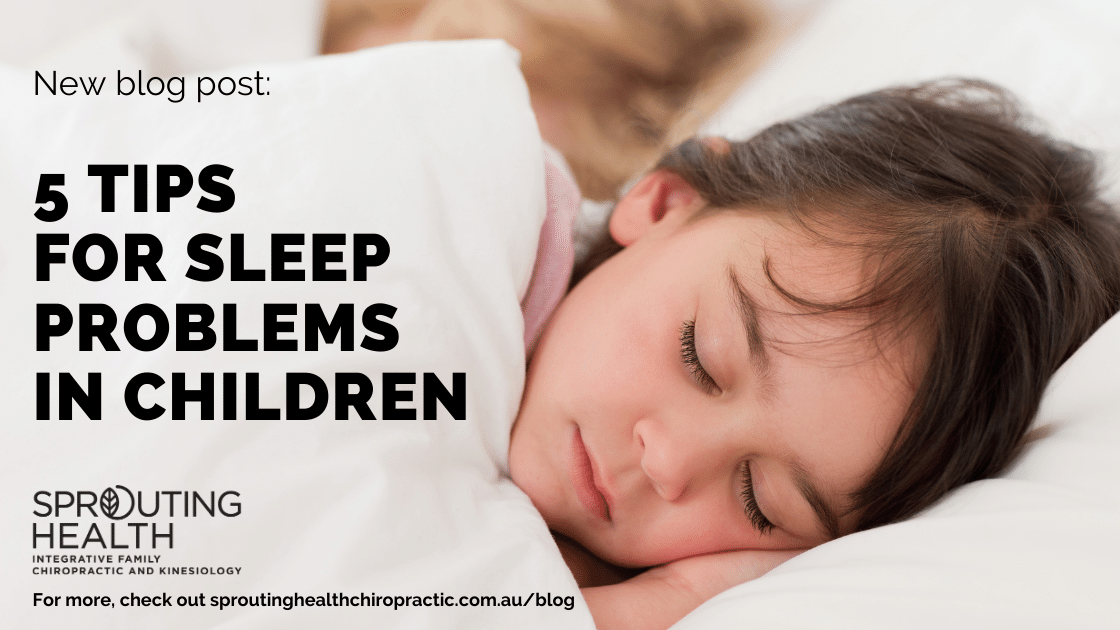|
Childhood sleep problems are common, and frequently reduce the wellbeing and functioning of both child and family. Sleep is a process vital to physical, mental, and emotional health throughout life. It is instrumental to cellular and tissue renewal, immunity, cognition, and behavioural regulation – among many other functions (1).
See out top 5 tips at the end of this article to help manage sleep issues and if you are interested in more detailed information about the research see our blog section on our website. Sleep problems can be a medical issue (something wrong with the child like an ear infection for example) or behavioural in origin. The majority of childhood sleep problems are behavioural in origin and there are training techniques developed to help manage this. It is suggested that less than 5% of distressed infants have identifiable medical explanations for their crying (4). Initially these more severe issues need to be ruled out by a health practitioner. Manual therapists offer a mix of health screening, education, advice, psychological support and touch therapy for these infants and parents. Manual treatment is based on the premise that infants may have musculoskeletal strains or limitations affecting comfort, feeding and gut motility causing distress (4). These issues are helped by managing musculoskeletal issue related to these factors. Many other related factors for unsettled infant behaviour have been explored including diet, developmental progress and parenting. Medicalising these symptoms is controversial as they are seen as self-limiting with infants normally settling after 12 weeks (4). However, coping with these infants during this period can be very difficult. The consequences of having an excessively crying infant in the family are harmful to relationships and health. Excessive infant crying is associated with maternal issues such as depression, anxiety and loss of parenting confidence. It is also a common cause of early breastfeeding cessation and has been associated with severe infant injury or death as a result of abuse (5). Sleep in the first year of life is documented in the literature as an important process necessary for growth and neurodevelopment. As such, efforts should be made wherever possible to protect and preserve sleep. For healthy infants, this involves teaching parents the importance of sleep, as well as what to expect as sleep evolves. It is important for parents to help their infants develop self-soothing techniques, so that beginning at 3 months, infants can better consolidate sleep during the night (1). Some tips for better management of sleep issues are: First, ensure a consistent bedtime routine and good sleep hygiene. The latter includes:
For more details about where to get a referral for sleep training, or for more help managing problems related to musculoskeletal issues related to sleep comfort, contact us here at Sprouting Health. References
0 Comments
Leave a Reply. |
AuthorBlogs by the team at Sprouting Health Archives
July 2024
Categories |


 RSS Feed
RSS Feed
